Working dogs, such as those used for civil enforcement service, hunting, therapy, and assistance unfortunately age faster than we do, and despite their years alongside you, a time comes when they deserve retirement.
Knowing when to retire your animal is not just important to their overall health and comfort, but also is a safety measure you need to take for your own needs if you have depended upon them in any manner. An aging animal that may be suffering from arthritis, vision, and cardiovascular issues cannot do their job as effectively as when they were young - nor is it proper to ask them to do so. Plus, animals hide pain and discomfort, and often will push themselves to complete the tasks they were trained to do - creating a more degenerative situation.
Since we all love our animals and would never want them to suffer in any manner, knowing when to retire them in a loving way is important to recognize!
Why You Need to Retire a Working Dog
Nobody wants to actually think about moving forwards with your job, life, or hobby without your best 4-legged pal by your side, but the bottom line remains that it is part of your responsibility towards your animal to make these plans. The time you have spend bonding with your dog is part of this process, and it doesn't mean you cannot continue to enjoy their presence, but just not in the same capacity.
This responsibility to your dog extends to those in high risk situations, such as military and police work which often have shortened careers due to the nature of the job; sports hunting and trial competition animals, such as pointing and retrieving dogs who are regularly physically taxed; and therapy and assist animals that have specialized training to use their senses that can begin to wane with age.
Dogs also age much faster than humans, and depending on their size and breed may be considered old by the time they are 8 or 9. They also suffer from the same ailments humans do, such as cataracts, hearing loss, arthritis and stiff or sore joints, kidney issues, heart murmurs, mental fogs and confusion, as well as irritability when coping with these issues that can create aggressiveness or lower tolerance of certain situations.
Signs That Point Towards Towards Retirement
Your veterinarian can help with recognizing certain physical ailments and signs that point towards their overall retirement needs, but there are some details to take into consideration that can help you determine it may be time.
- Your dog can no longer keep up with you, or tires much more quickly before completing a task. You may notice this just in your day to day activities as they begin to slow down, or even avoid certain things they used to do - such as go for walks or play fetch.
- Your dog experiences shifts in moods, or just doesn’t seem happy and displays periods of grumpiness or low tolerance. Many dogs will outwardly show signs of discomfort through their behavior, so if something seems out of the ordinary, it is worth watching.
- Your dog is diagnosed with a physical ailment or disease. As mentioned, your veterinarian can help with age related diagnosis. Even if your dog seems fine and exhibits healthy behaviors and energy, be aware that they may be masking pain and discomfort to please you.
- Your dog seems confused, or slow to respond to commands. Mental impairment is common in older dogs, and this is generally shown through behaviors that are out of the ordinary, or failures to follow commands.
Options for Retirement
One of the best ways you can help your dog transition to retirement is to weigh your options and have a plan in place before having to make this decision. There are multiple things you can consider to make this a comfortable occasion for both of you, rather than a difficult decision.
Depending on the use of your working dog, you may be having to also replace your dog due to the job they are responsible for. In some cases, training and bonding with a new dog requires one on one attention uninterrupted by your old friend. In other situations you may find your experienced dog to be a good teacher to young, inexperienced, and new dogs.
Consider the following when making these plans:
- Your partner becomes a full time house pet and tag-along buddy, sleeping next to your bed, going for fun ride alongs, and chilling by the television every night.
- Your pup returns to the therapy or assistance program they came from if you have to replace them. These programs have excellent adoption programs specific to dog temperament and proper household support. Many times you can also keep in touch and visit with them if this has to be a choice you make.
- You find a good home with a friend or family member, or through a service, so your dog can truly live a life of retirement without being anxious when left behind or jealous with a new animal. Many dogs have a hard time leaving their jobs behind and stress easily when they cannot partake.
Conclusion
When the time comes to decide if retirement is right for your working pup, it can be a tough choice to make when it means leaving your buddy behind when working, playing, or going about your day to day routine. But part of this ownership is responsibility to take care of your dog in all stages of their lives, and to do what is best for them mentally and physically.

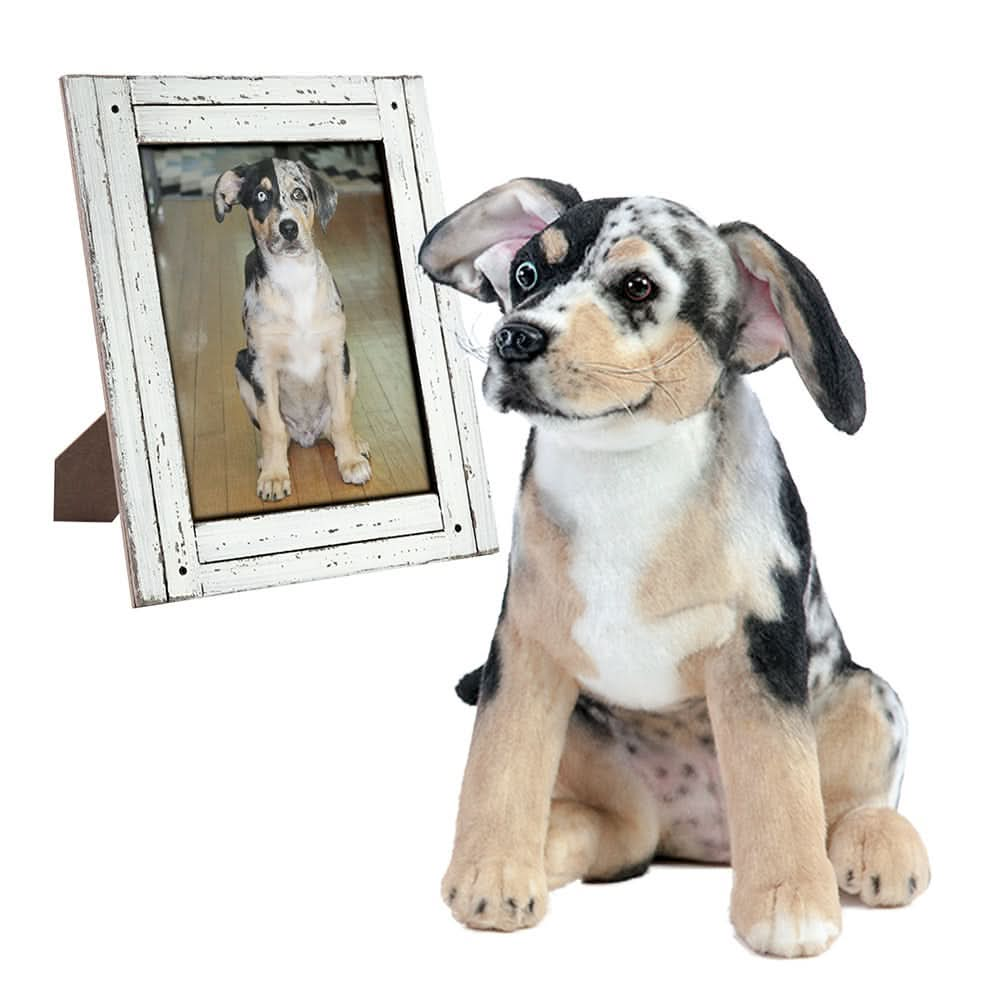
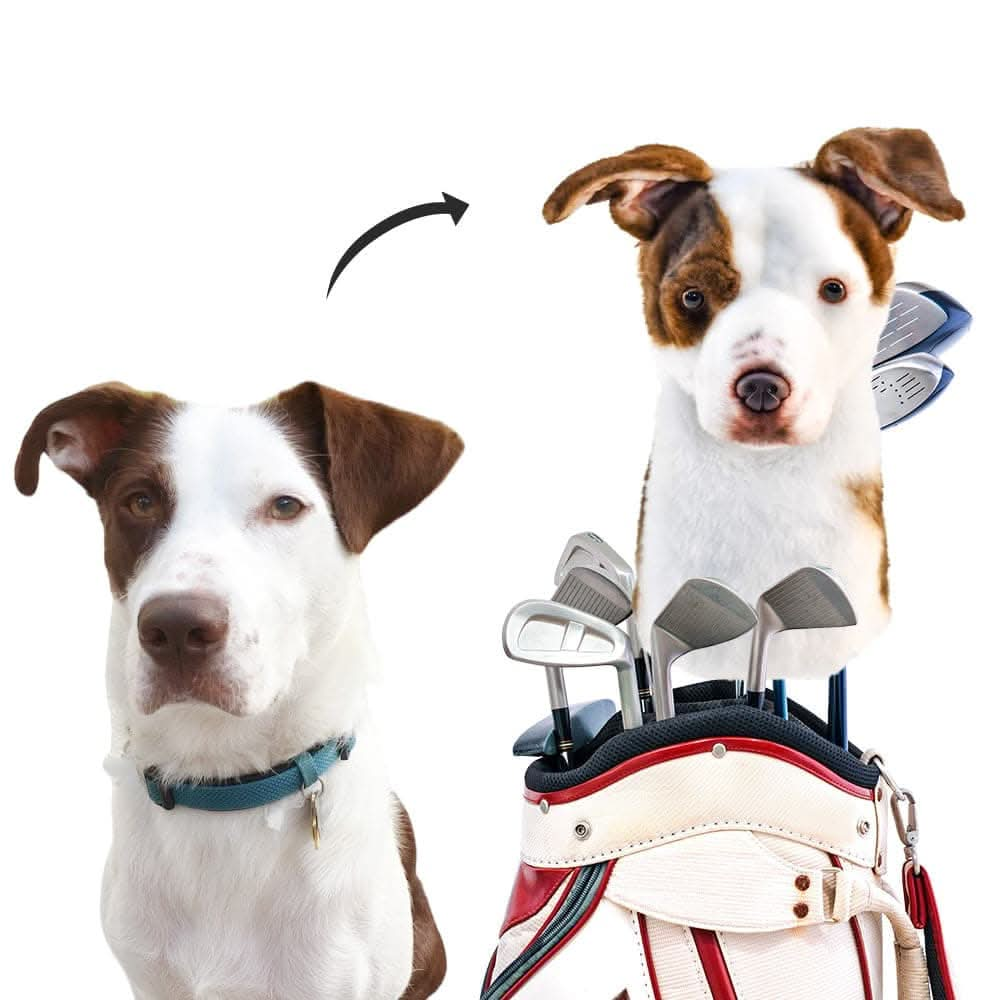
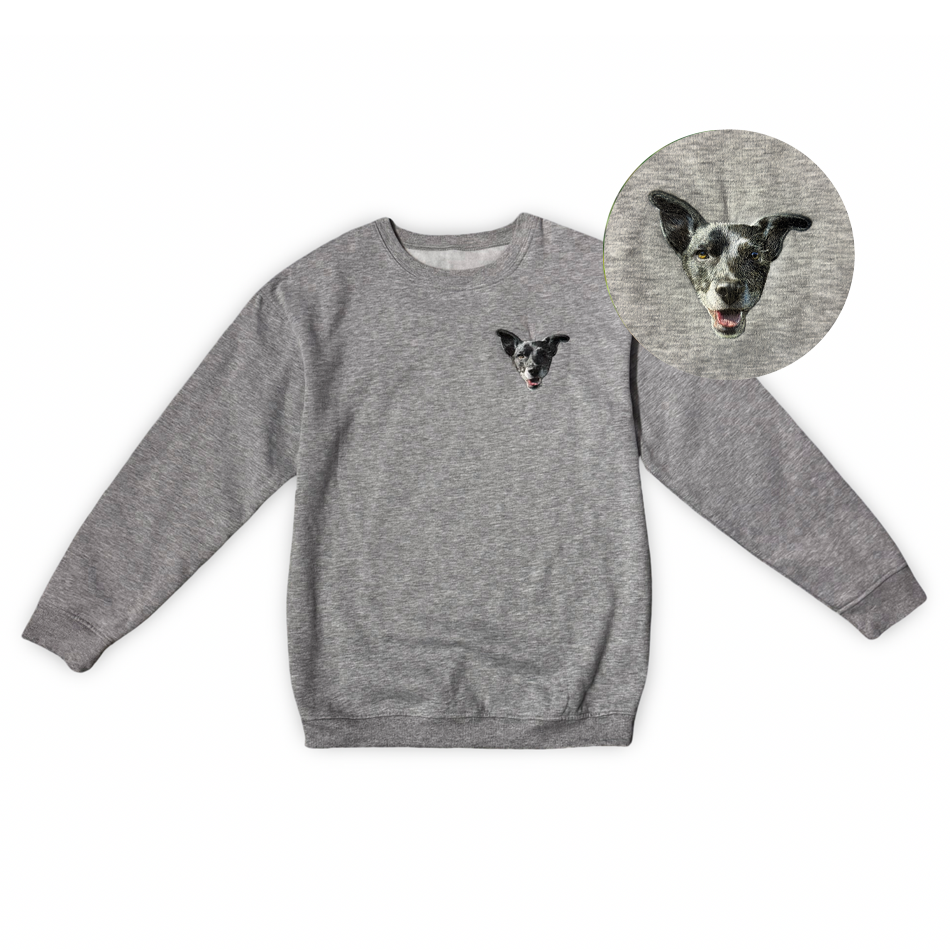
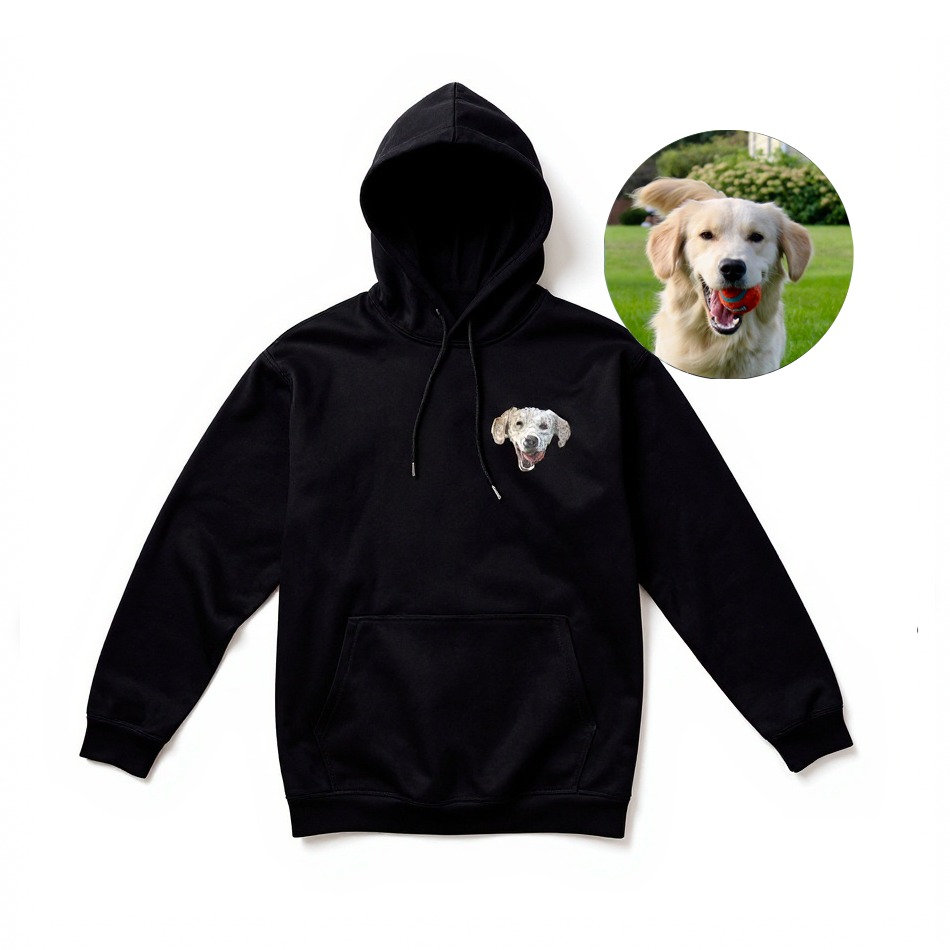



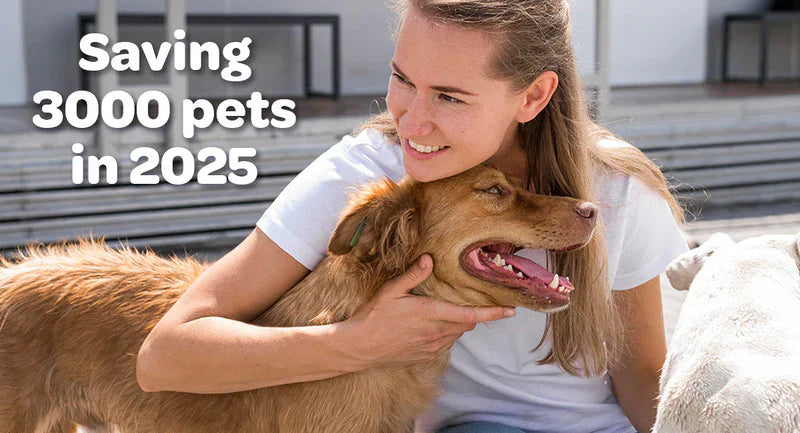
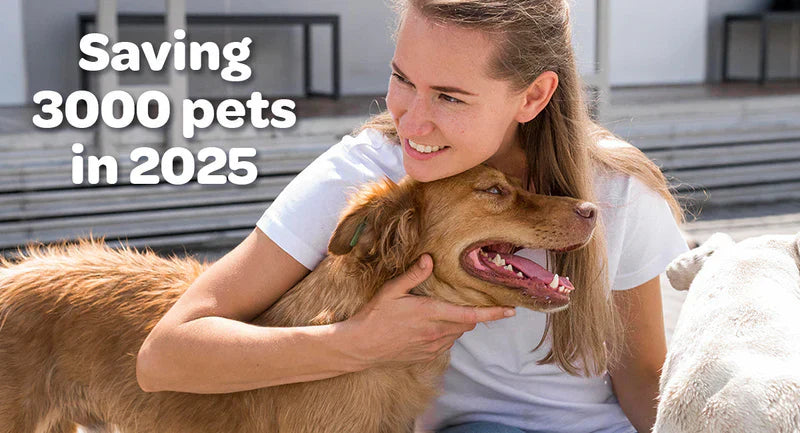
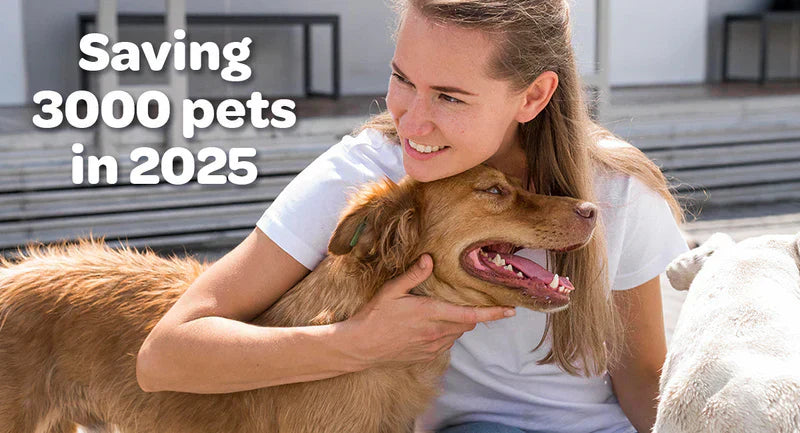
Leave a comment (all fields required)